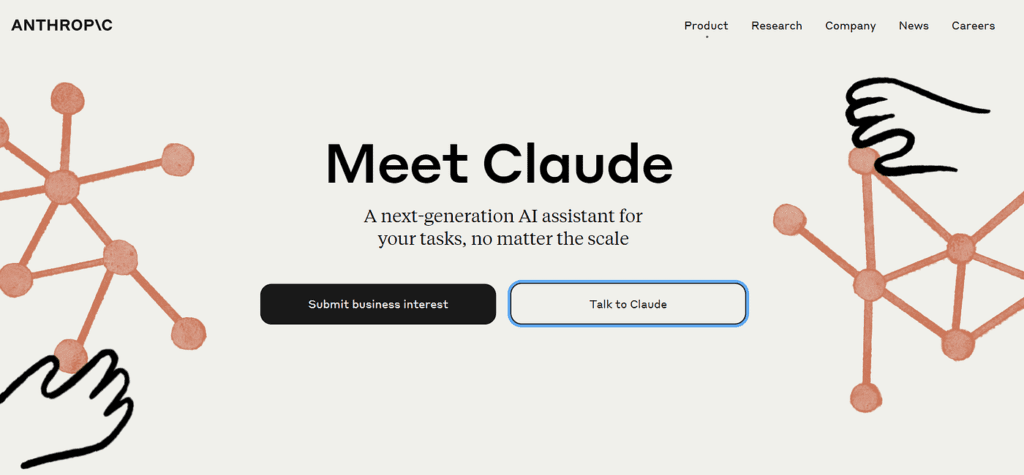Anthropic Claude 3 artificial intelligence model introduced. What does AI that claims to be better than GPT-4 and Gemini offer?
As the AI-based chatbot race heats up between Google and OpenAI, Amazon-backed Anthropic has not been silent. In this context, the Anthropic Claude 3 artificial intelligence model, which is reported to have much more advanced features, was introduced.
Anthropic Claude 3 specifications

Anthropic recently announced the launch of its latest generative AI model, Claude 3, setting a new benchmark in the AI arena. The company boasts that Claude 3 has surpassed its well-known competitors, including OpenAI’s GPT-4 and Google’s Gemini, in various benchmark tests, marking a significant advancement in AI capabilities.
One of the standout features of Claude 3 is its “multimodal” support, a pioneering functionality that enables users to upload photos and documents for analysis. This breakthrough allows Claude 3 to leverage the uploaded data to craft summaries, notes, emails, or stories, showcasing its versatile application beyond basic text-based interactions.
In its rollout of Claude 3, Anthropic introduced three distinct versions: Opus, Sonnet, and Haiku. Opus is heralded as the most potent model among them, with remarkable capabilities such as the ability to compare novels akin to ‘Moby Dick’ and to summarize documents containing up to 150,000 words. The Sonnet and Haiku models, while offering reduced capacity, still present valuable options for users seeking less extensive capabilities.
The development of Claude 3 was a monumental effort, involving a dedicated team of up to 150 people over more than a year. Anthropic’s commitment to this project was underscored by a substantial $7.3 billion in funding received last year, amidst a surge in generative AI interest, although the specific training costs for Claude 3 were not disclosed.
While the multimodal nature of Claude 3 opens up new avenues for application, it also introduces potential risks, such as generating inappropriate or incorrect images. However, Anthropic has addressed these concerns by clarifying that Claude 3 does not autonomously create images; it solely analyses user-uploaded data.
Through the introduction of Claude 3, Anthropic aims to challenge the current leaders in conversational AI, like OpenAI’s ChatGPT, and secure a position in the rapidly evolving yet contentious field of generative AI. This move not only underscores Anthropic’s commitment to advancing AI technology but also highlights the company’s strategy to innovate responsibly in this dynamic landscape.
You Might Also Like:
- Quantum Internet Technology: Global Players and Investment Details
- How Does Quantum Internet Work?
- Frequently Asked Questions About Quantum Internet

